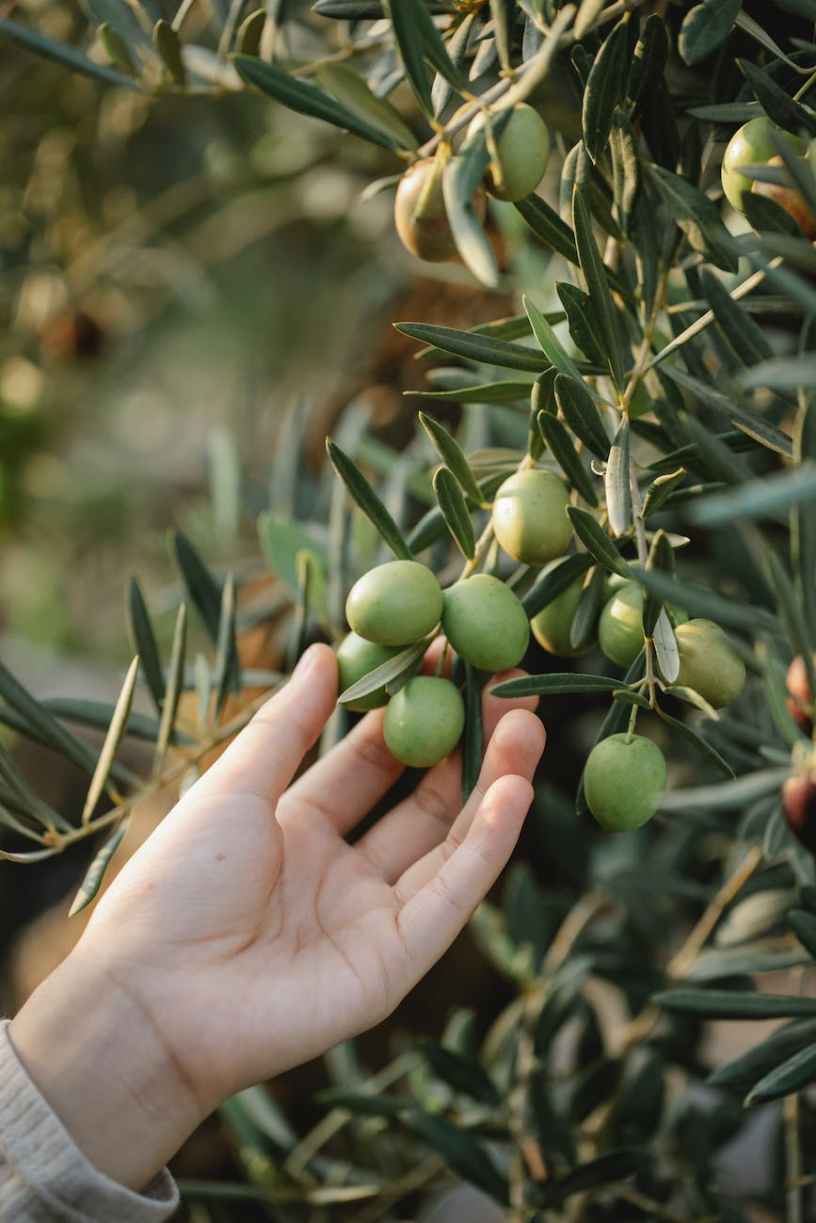Because I am an Italian boy, I thought this news was interesting. In Puglia (the heel of the Italian peninsula) amongst the olive trees there thrives a type of bacteria called Xylella fastidiosa that kills the olive trees. Luckily, there is an environmentally friendly approach to save these amazing trees, that not only gives us olive oil but also breathable oxygen. This method is that highly trained sniffer dogs detect the bacteria by sniffing the infected trees! It is better than any pesticide!
Let me explain about this deadly bacteria: it slowly chokes the poor olive tree to death. Xylella fastidiosa is spreaded by an insect called Spittlebug, that bites the leaves of the olive and spreads the Xylella fastidiosa. Most of the olive trees, before their death, were centuries old. Xylella fastidiosa was found in Puglia in 2013, and in such little time it has killed 21 million trees!
Not only do the poor trees die slowly, but while they decompose they emit lots of CO2 (carbon dioxide) in our atmosphere, CO2 emissions are one of the main reasons there is climate change and global warming! The European governments have been very worried.
Super trained dogs are saving the olive trees and it is better than any pesticide! People have tried to create pesticides against this bacteria, but they failed. However, if a chemical pesticide gets discovered, it would be devastating environmental wise!
Like the Dutch biologist Adee Schoon said, “There are animals that can see a lot more colors than we do. If you take that analogy and use it with dogs, you can see that we are definitely odor-blind compared to dogs.
Specially trained dogs can become super detectors to this disease; but it is difficult, the ENCI (National body of the Italian Cynophilia) is working with springer spaniels, german shepherds, cocker spaniels, and labradors. These dogs have big noses and wide chests; they can track a scent for hours. This is only if the dog has a certain type of personality.They have to adore play time and like to eat. The dogs that are in training, and the ones already trained, have to receive a prize that the dog would do anything for.
After a long day of work/training, the dog will get a certain rewardm such as food and/or rubber toy/ball. Another method of training that they use is the procedure of hiding the dog’s rubber toy to see if it tracks it. The dogs must find it by memorizing its smell. It not only tests its skill, but also makes them want to stay and work, only if they get their reward.
There is the final test for the dogs: five trees are displayed in front of the dog, only one of them is infected by Xylella fastidiosa. Fortebraccio (a dog trainer) tests the dog Ellis, who triumphantly detects the tree infected by Xylella fastidiosa! A small step for the dog but a big step for the survival of olive trees.
Like the article says, “No matter where the plant was positioned in the line, both Ellis and Paco could clearly spot and freeze in front of it.” (Paco is another dog who is saving the olive trees). Once the scientists see that a dog froze and picked up Xylella Fastidiosas’ scent, they will cut the infected tree down, to make sure that Xylella Fastidiosa doesn’t spread to other trees.
Xylella fastidiosa came to Puglia when there was a coffee export from Latin America, and since then the olive trees of Puglia started to die horrible deaths.
While the trees decompose they emit lots of carbon dioxide in our atmosphere. Forests of trees emitting CO2 because of this horrible disease that kills the poor Italian olive trees, and lots of other plants.
Now there is finally a solution that can save the olive trees and much less CO2 will enter our atmosphere, but there is still a lot of work to do.
Still we will say thanks to our savior: humankind’s best friend, dogs!

That is so cool!
LikeLike